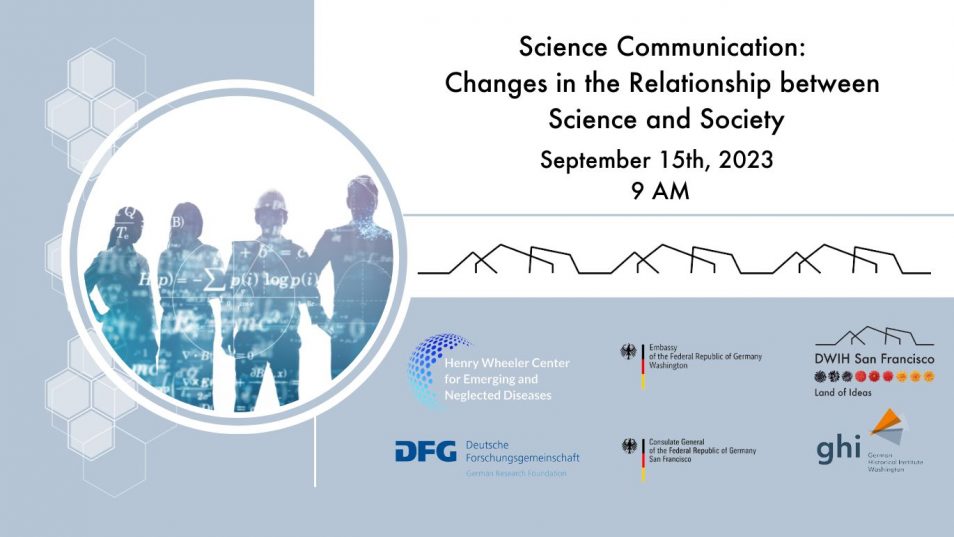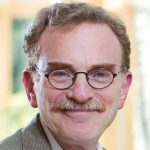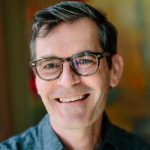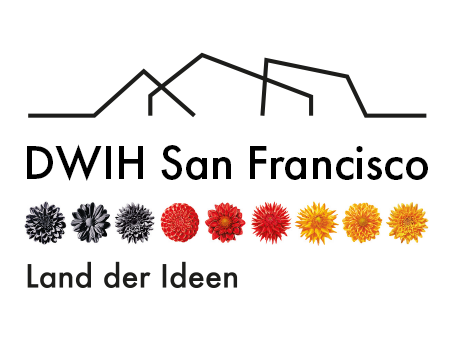Science Communication: Changes in the Relationship between Science and Society

Wissen ist eine Schlüsselressource für unsere Gesellschaft. Erkenntnisse aus Wissenschaft und Forschung prägen unser Lebensumfeld. Sie sind treibende Kräfte des materiellen und intellektuellen Fortschritts, leiten die Entscheidungen von Politik und Gesellschaft und schützen die demokratische Leistungsfähigkeit moderner Gesellschaften. Dies gilt insbesondere in Krisenzeiten, in denen die Integrität von Informationen durch gezielte Desinformation gefährdet ist, und bei Themen wie dem Klimawandel oder der COVID-19-Pandemie, in denen die Weitergabe fundierter wissenschaftlicher Erkenntnisse eine wichtige Grundlage für gesellschaftliche und politische Entscheidungsfindung darstellt. Darüber hinaus spielen die Kommunikation und Interpretation von Forschungsergebnissen aus wissenschaftlichen Praktiken und Methoden oder Forschungsarbeiten in unterschiedlichen Lebensbereichen wie Gesundheit, Bildung, Wirtschaft oder Sicherheit eine zentrale Rolle und tragen als Wissenschaftskommunikation zum öffentlichen (und privaten) Diskurs in diesen Bereichen bei .
Die politische Bedeutung der Wissenschaftskommunikation und ihre Etablierung in der Wissenschaftsgemeinschaft sind in den letzten Jahren als Reaktion auf gesellschaftliche Forderungen nach Transparenz und Inklusion gewachsen. Ein wichtiges Ziel besteht darin, die wissenschaftliche Kompetenz der Gesellschaft zu erhöhen und das fundierte Vertrauen in die Wissenschaft zu wahren. Gleichzeitig unterliegen die Bedingungen der Wissenschaftskommunikation einem kontinuierlichen Wandel, insbesondere im Zuge der fortschreitenden Digitalisierung.
Aufgrund der Raumkapazität senden Sie bitte eine E-Mail an info@dwih-sanfrancisco.org für eine Einladung.
Bestätigte Diskussionsteilnehmer

Julia Schaletzky joined UC Berkeley's Center for Emerging and Neglected Diseases in fall 2017 and is currently the center’s Executive Director. Originally from Germany, Julia trained as a Biochemist at Bayreuth University and completed her studies in the laboratory of Prof. Francis Barr at the Max-Planck-Institute of Biochemistry in Martinsried, Germany. She then went abroad to obtain her PhD in the laboratory of Prof. Tom Rapoport at Harvard Medical School/HHMI. While the main focus was on translocation of proteins across the endoplasmic reticulum membrane, she also volunteered as a mentor for the HHMI EXROP program, training and mentoring students from underrepresented communities over the summer. After completing her PhD, Julia joined Cytokinetics, a biotechnology company in South San Francisco. During her 11 years at Cytokinetics, Julia and her team focused on discovering and developing novel, first-in-class medicines against heart failure and neurodegenerative disorders such as ALS, which are currently in Phase III clinical trials. In addition, she took on several pro-bono projects stemming from academic collaborations, working after hours on successful screens against Trypanosomiasis (sleeping sickness), Malaria and Toxoplasmosis. Julia is passionate about treating neglected and emerging diseases, establishing effective collaboration between academia and industry and about translating basic science into new companies and ultimately cures. In her free time, Julia enjoys learning new skills, socializing with family and friends, and practicing the Arts.Julia Schaletzky

Randy Schekman

Brandon R. Brown is Professor of Physics and Astronomy at the University of San Francisco, where he has also served as department chair and associate dean for sciences. He pursued doctoral training in superconductivity and low-temperature physics, with postdoctoral work in science communication. Once at the University of San Francisco, he shifted his research focus to sensory biophysics. He and his collaborators and students explored the electric and magnetic sensory abilities of a variety of creatures. Brandon served as associate dean for sciences, during which time the university completed planning stages for the Lo Schiavo Center for Science and Innovation, for which he helped fundraising efforts. He currently writes about science for broader audiences, including various columns, essays, and two books: Planck (2015, Oxford University Press), and The Apollo Chronicles (2019, Oxford University Press).Brandon Brown
Informationen zur Veranstaltung
15. September 2023, 09:00 bis 12:30 Uhr
UC Berkeley
Veranstalter: Deutsche Botschaft Washington D.C., Deutsches Historisches Institut, DWIH SF
